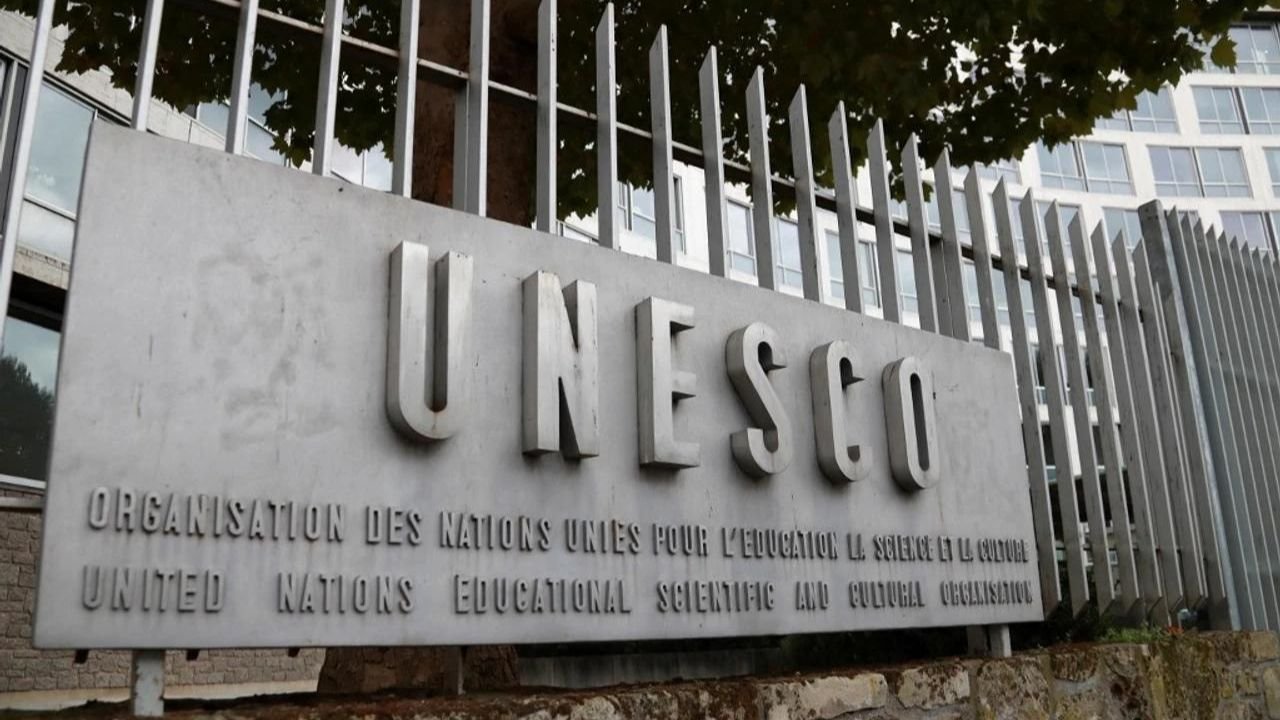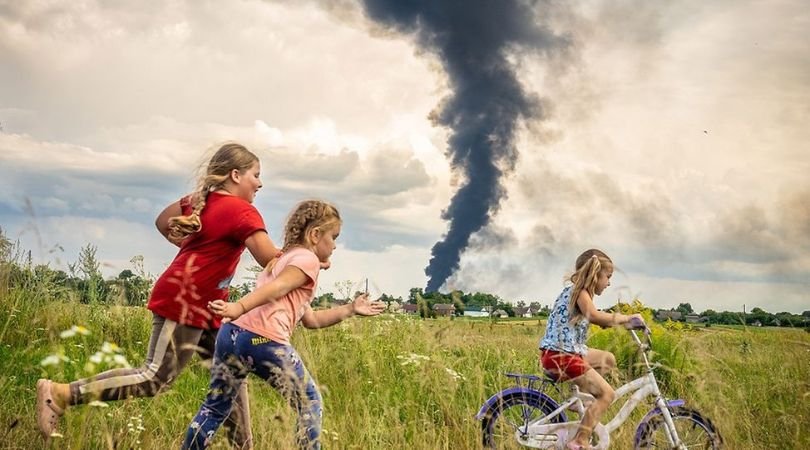The Investment Attractiveness Index of Ukraine slightly decreased in 2023, reaching 2.44 out of 5 points, compared to 2.48 points in the second half of 2022. These findings are revealed in a new study conducted by the European Business Association with analytical support from Gradus Research.
Although the assessment of CEOs of association member companies regarding the investment climate remains predominantly negative, the number of top managers seeing advantages in new investments in Ukraine has almost doubled.
Currently, 84% of surveyed directors consider the investment climate unfavorable. However, the proportion of those who consider it absolutely unfavorable has decreased from 37% to 24%. 7% of top managers are neutral about the current situation, while an additional 9% see certain positive aspects in it.
Even during the ongoing conflict, 32% believe that Ukraine remains attractive to new investors (compared to 17% the previous year). Among companies already present in the Ukrainian market, 57% intend to invest in Ukraine even during the war, and 79% are willing to participate in the reconstruction processes.
The assessment of the dynamics of the investment climate over the past year remains mostly discouraging. 48% of respondents point to a deterioration in the situation, 39% believe that significant changes have not occurred, and 13% observe improvement. Over the next six months, 38% expect further deterioration, 48% believe the situation will remain practically unchanged, while 14% anticipate improvement in the first half of 2024.
Russia’s military aggression against Ukraine remains the primary negative factor for the investment climate, followed by corruption and a weak judicial system. Business leaders have highly appreciated Ukraine being granted candidate status for EU accession, deregulation initiatives, and the digitization of government services as positive developments.
Anna Derevyanko, the Executive Director of the European Business Association, comments on the results, noting that the assessment of top managers often depends on various factors, including the situation on the front lines. Despite the cautious evaluation and forecasts for the investment climate, she highlights positive signals such as the increasing number of companies willing to invest during the war and a growing belief that new investments in Ukraine are advantageous.










